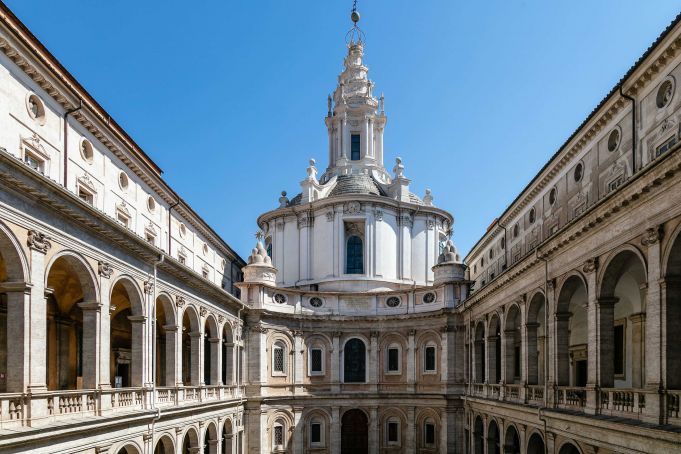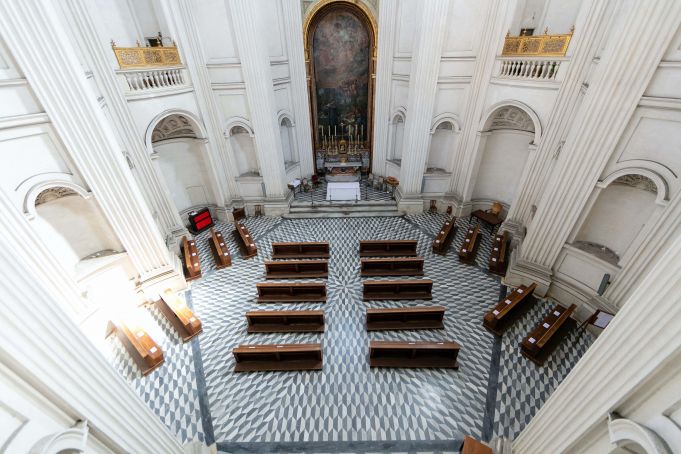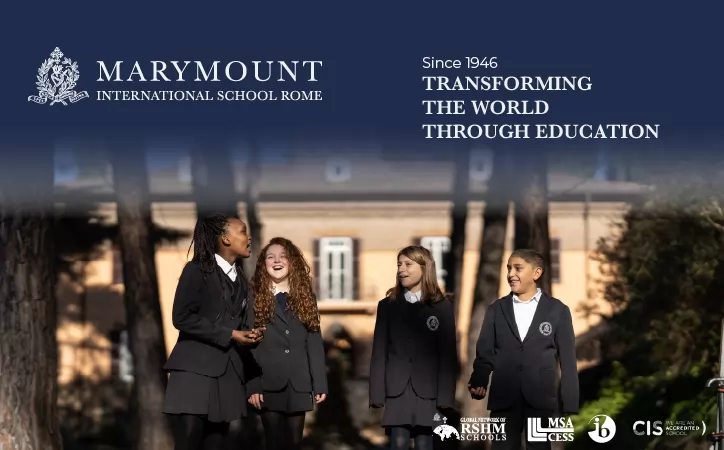Restoration works underway at S. Ivo alla Sapienza after earthquake damage in 2016.
The Roman church of S. Ivo alla Sapienza - a masterpiece of Baroque architecture designed by Francesco Borromini - has undergone the first phase of a major restoration project after it suffered earthquake damage five years ago.
The special superintendence of Rome is overseeing the restoration of the magnificent church complex which was designed by Borromini between 1643 and 1660 for the city's ancient La Sapienza University.
The restored areas, presented to the press on Friday, include Borromini's long-inaccessible corridor linking Palazzo della Sapienza with Piazza S. Eustachio, as well as many rooms including the great hall of the Alessandrina Library.

The long-running project began after the complex suffered cracks and structural damage due to the 6.5-magnitude earthquake that hit Norcia, in Italy's central Umbria region, on 30 October 2016.
Home to Rome's state archives, S. Ivo alla Sapienza is located on Corso Rinascimento, close to the Italian senate, near Piazza Navona.
Borromini's design

These included the bees of Urban VIII Barberini, the dove of Innocent X Pamphili and the stars of Alexander VII Chigi.
Who was Francesco Borromini?
Born in 1599, Borromini was an Italian-Swiss architect whose legacy in Rome continues to fascinate three and half centuries after his death in 1667.
Borromini's name is linked forever with his contemporary and great rival Bernini, with many historians agreeing that this fierce rivalry pushed both architects to the limits of their genius.
Although their styles differed - Borromini was more innovative and modest than the triumphant Bernini - between them they paved the way for Roman Baroque architecture.
A depressed figure with a volatile temper, Borromini died by suicide in Rome aged 67. He is buried in the church of S. Giovanni dei Fiorentini on Via Acciaoli.
General Info
View on Map
Borromini: Rome restores jewel of Baroque architecture
Corso del Rinascimento, 40, 00186 Roma RM, Italy

















